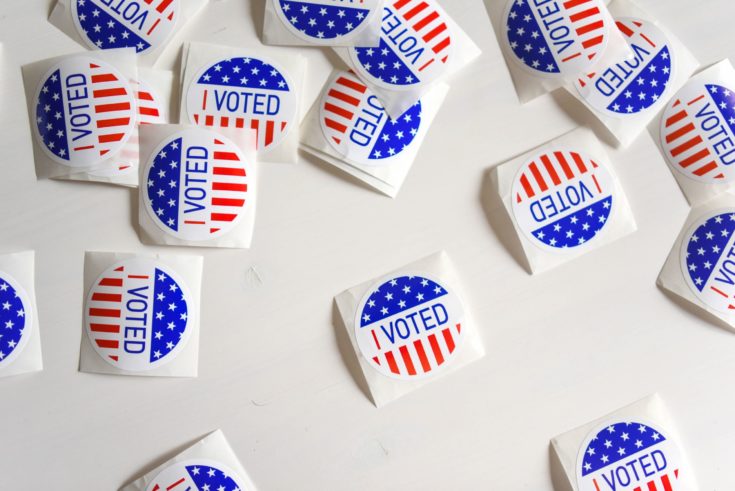Voting abroad during an election year requires both patience and planning for expats – but especially this year as the coronavirus pandemic changed life as we know it.
With limited commercial flights and mail service restrictions in some countries, many American citizens living abroad face new voting obstacles.
US embassies have taken to social media to remind Americans, based abroad, how to exercise their right to vote. Still, a few do not allow voters to drop off their completed ballots at the embassy, as reported in CNN.
At the US Embassy in Moscow, US citizens cannot drop off completed ballots at the embassy but can mail them there as long as they arrive by October 2.
In Abu Dhabi, citizens are required to make an appointment to drop off their ballots.
US citizens in Cuba face a hurdle as international mail services have been suspended, and the US Embassy in Havana has said it would not accept ballots there.
“Currently, due to COVID-19 restrictions and the Havana airport closure, the U.S. Embassy in Havana is not able to accept ballots from U.S. citizens residing in Cuba,” a statement from the US Embassy in Havana reads. “There is no reliable means to send the paper ballots to the U.S. at this time.”
According to David Beirne, the director of the Federal Voting Assistance Program (FVAP), there are approximately 5 million Americans based abroad, 3 million of whom are eligible to vote.
Here’s What You Need To Know
Register To Vote and Receiving Your Ballot
To vote from abroad, you needed to register with local election officials in your state of voting residence and request an absentee ballot.
A good starting point is the Federal Voting Assistance Program (FVAP) website, where an online assistant walks you through the process.
Democrats Abroad is another great resource – regardless of voter affiliation – as the organization provides a step-by-step process on the proper documents to request and register for your absentee ballot.
Receiving Your Ballot
Forty-five days before November general elections, your state will send you a blank ballot either electronically or via mail at the address you provided on your FPCA.
Ballots will generally be mailed out 30 days before the primary, special, and run-off elections. Depending on your state and your status abroad, you may receive absentee ballots for all elections or abbreviated ballots for federal office elections only.
U.S. citizens can receive an absentee ballot by email, fax, or internet download, depending on the state they are eligible to vote in.
Sending Your Ballot
This is the most important part of the whole process. You have to pay attention to your state’s deadline, which can make things very confusing.
Complete your ballot carefully, legibly, and as early as possible. Make sure to return it to local election officials in time to meet your state’s deadline.
You have to have the ballot mailed, preferably international priority postage, by the deadline.
Use Vote From Abroad state voting guide resource to check your state’s deadlines.
Using An Emergency Write-In Ballot
If you completed all required steps but have not received your ballot 30 days before an election, submit a completed Federal Write-in Absentee Ballot (FWAB).
Contact the voting assistance officer at the nearest U.S. embassy or consulate for help, or visit the FVAP website to complete an FWAB using the online assistant.
What you want to do is write in the candidates of your choice, then print, sign, and send the FWAB to your local election officials.
If your regular absentee ballot arrives after submitting an FWAB, you should still complete and return it. Your FWAB will be counted only if your regular ballot does not reach local election officials by your state’s deadline. This will not invalidate your vote or result in casting two votes.
